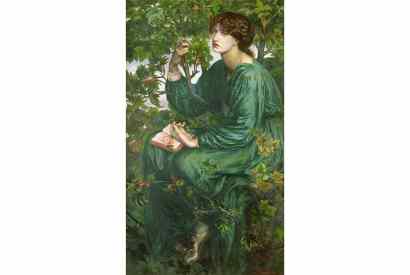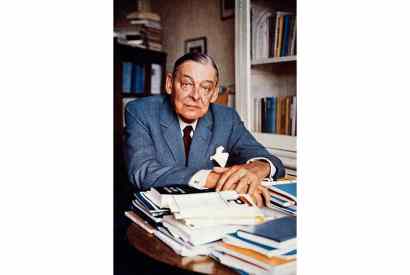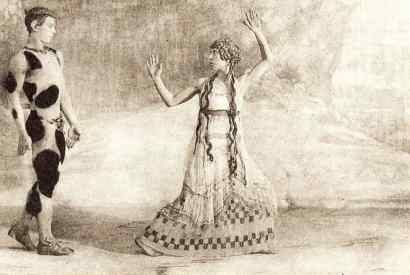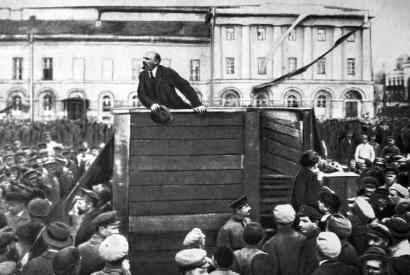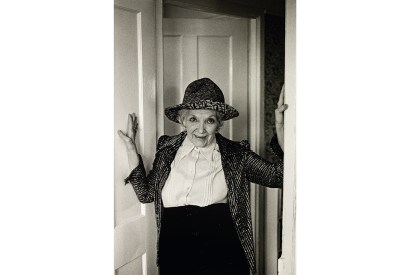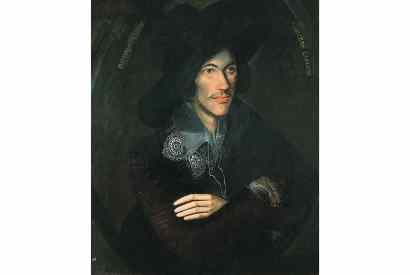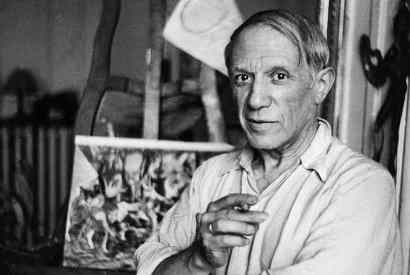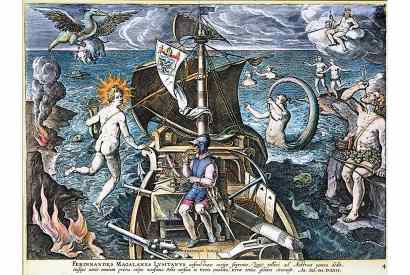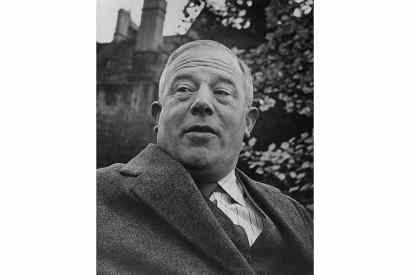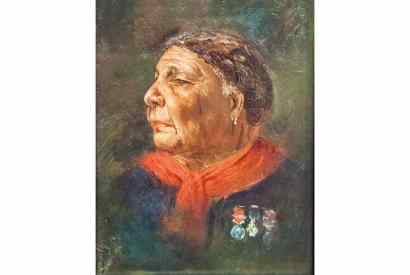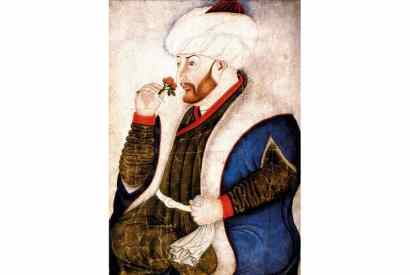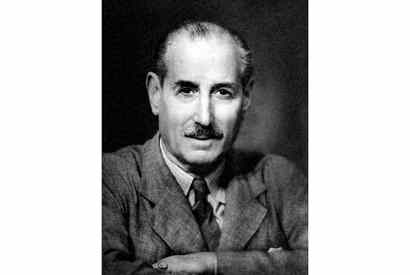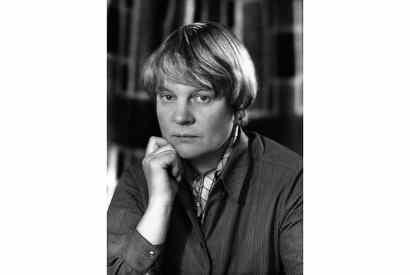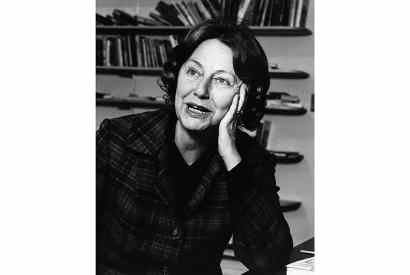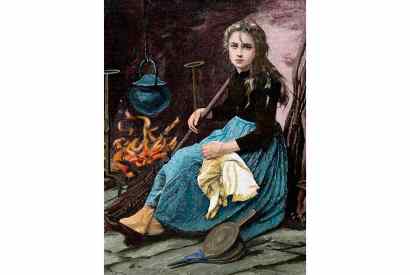Lead book review
Fish that swim backwards – and other natural wonders
With the technologies at our disposal, we can in fact now know what it’s like to be a bat, says Caspar Henderson
Was Jane Morris a sphinx without a secret?
Jane Morris, the Pre-Raphaelites’ favourite model, remains as enigmatic as ever, says Frances Wilson
A glimmer of hope for the blue planet
David Profumo wonders whether newly created marine reserves can really reverse decades of devastation
Is T.S. Eliot’s great aura fading?
Cracks are beginning to appear in T.S. Eliot’s once unassailable reputation, says Philip Hensher
The lonely genius of Bronislava Nijinska
Bronislava Nijinska was constantly undermined in her lifetime – most cruelly by her brother, says Sarah Crompton
For ruthless inhumanity, the Bolsheviks were unbeatable
Sara Wheeler describes the appalling brutality of the Russian Revolution and its far-reaching aftermath
Light and shade in the Holy Land – a century in spectacular images
Justin Marozzi on the troubled history of a small, much-coveted country
Disregarded for decades, Jean Rhys stayed true to her vision of life
Jean Rhys lived a vagabond life – but she wrote about gloom and squalor with luminous purity and a poet’s care, says Lucasta Miller
You can make anything up about the royal family and it will be printed as a matter of fact
Royal gossip is largely invented, says Philip Hensher – but Tina Brown repeats it regardless
Nymphomaniac, fearless campaigner, alcoholic – Nancy Cunard was all this and more
Nancy Cunard’s defiance of convention began early, fuelled by bitter resentment towards her mother, says Jane Ridley
A pure original: the inventive genius of John Donne
John Donne sounds like nobody else, and his poems invite us to feel that we might know him, says Daniel Swift
Norman Scott has the last word on a very English scandal
Norman Scott’s long-anticipated memoir reveals the British Establishment at its worst, says Roger Lewis
Pablo Picasso in love and war
As Europe descended into chaos, the middle-aged Picasso remained as bullish as ever, says Craig Raine
When Oxford life resembled a great satirical novel
Paula Byrne describes life at Oxford University in its eccentric heyday
Graham Robb deserves to be a French national treasure
Philip Hensher is enthralled by Graham Robb’s evocative new history of France
The fuss over Mary Seacole’s statue has obscured the real person
Mary Seacole may not have qualified as a nurse in the modern sense, but British troops benefited greatly from her healing skills, says Andrew Lycett
Truly magnificent: the splendour of Suleiman I
Suleiman I richly deserved his epithet, as this vivid account of his early years illustrates, says Jason Burke
Masters of the opium trade: the fabulous wealth of the Sassoons
David Abulafia admires the shrewdness, generosity and panache of the Sassoons over many generations
Watcher of the skies: John Constable, painter and meteorologist
Philip Hensher describes how John Constable’s energy and imagination freed British art from the constraints of the past
Eugenics will never work — thankfully
The creation of a master race is an ancient idea which, thankfully, can never work, says Sam Leith
The women who challenged a stale, male philosophy
Kathleen Stock describes how four women undergraduates in 1940s Oxford challenged an arid, modish philosophy
Formidable woman of letters: the grit and wisdom of Elizabeth Hardwick
Elaine Showalter celebrates the grit and wisdom of Elizabeth Hardwick
The first fairy stories were never intended for children
Philip Hensher explores the origins of fairy tales
The year of living dangerously
Atrocities, assassinations and spectacular accidents were just some of the horrors that marked 1922, says Richard Davenport-Hines


